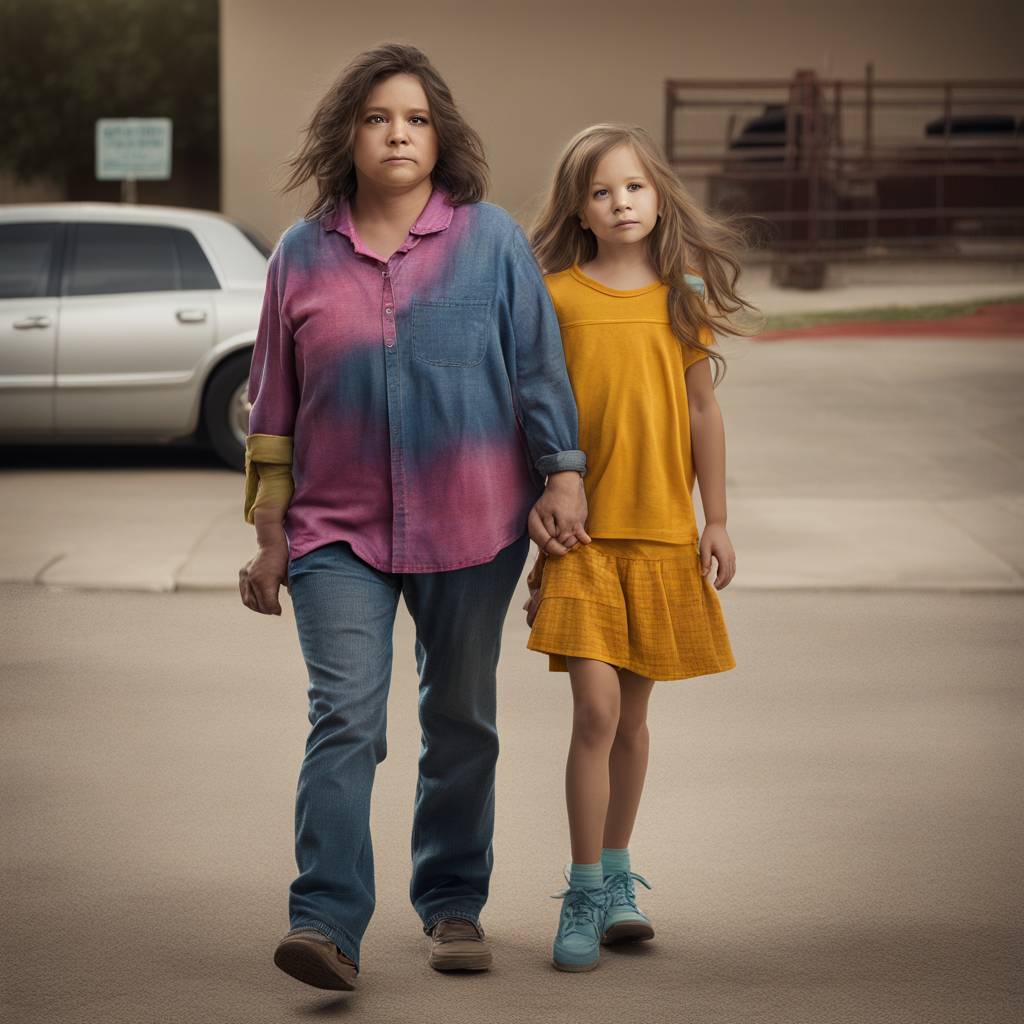Shawna Hooey, a Texas woman, was sentenced to 50 years in prison for the 2019 killing of her boyfriend’s 4-year-old daughter, Jakyzia Alexander. Hooey was caring for her own children and Alexander when she took the child to a 24-hour emergency center. Alexander’s body was already cold when they arrived, and Hooey told multiple conflicting stories about what happened to the child, who had visible injuries. The jury recognized a pattern of abuse and sentenced Hooey to decades behind bars.
Alexander began living in Hooey’s home when her father entered a relationship with Hooey and rarely saw his daughter in the two months leading up to her death. Hooey claimed that on the day of Alexander’s death, the child was having trouble breathing and not acting normally. She said she drove around in a hot car to try to help her breathe better, but eventually went home and then to the emergency clinic. Hooey gave different accounts of what happened to the child before her death, including running into a doorknob and throwing herself against a toilet paper holder.
Further examination revealed signs of repeated abuse on Alexander, including fresh, healing, and healed injuries. The autopsy showed she died from blunt force trauma to the head, which would have resulted in immediate symptoms like seizures and vomiting. Witnesses testified that Alexander appeared normal the day before she was taken to the emergency clinic. The Harris County Sheriff’s Office investigated the case, leading to Hooey being charged with murder and later convicted after a nine-day trial.
Assistant District Attorney Gilbert Sawtelle of the Child Fatality Section prosecuted the case, emphasizing the importance of recognizing and reporting child abuse. Sawtelle highlighted how abusers often work to hide signs of abuse by keeping children away from others or dressing them to cover their injuries. He referenced the importance of intervention and how if someone had noticed Alexander’s injuries and intervened, she might still be alive. Hooey must serve at least half of her 50-year sentence before being eligible for parole.
The conclusion of the case highlights the tragic loss of a young child due to abuse and neglect. Hooey’s 50-year sentence serves as a warning that child abuse will not be tolerated, and perpetrators will be held accountable. The case also sheds light on the importance of community awareness and responsibility in protecting vulnerable children. The jury’s decision to convict Hooey and sentence her to a lengthy prison term sends a strong message that justice will be served for those who commit acts of violence against children. This tragic case serves as a reminder of the ongoing need to remain vigilant and proactive in recognizing and reporting child abuse to prevent future tragedies.













